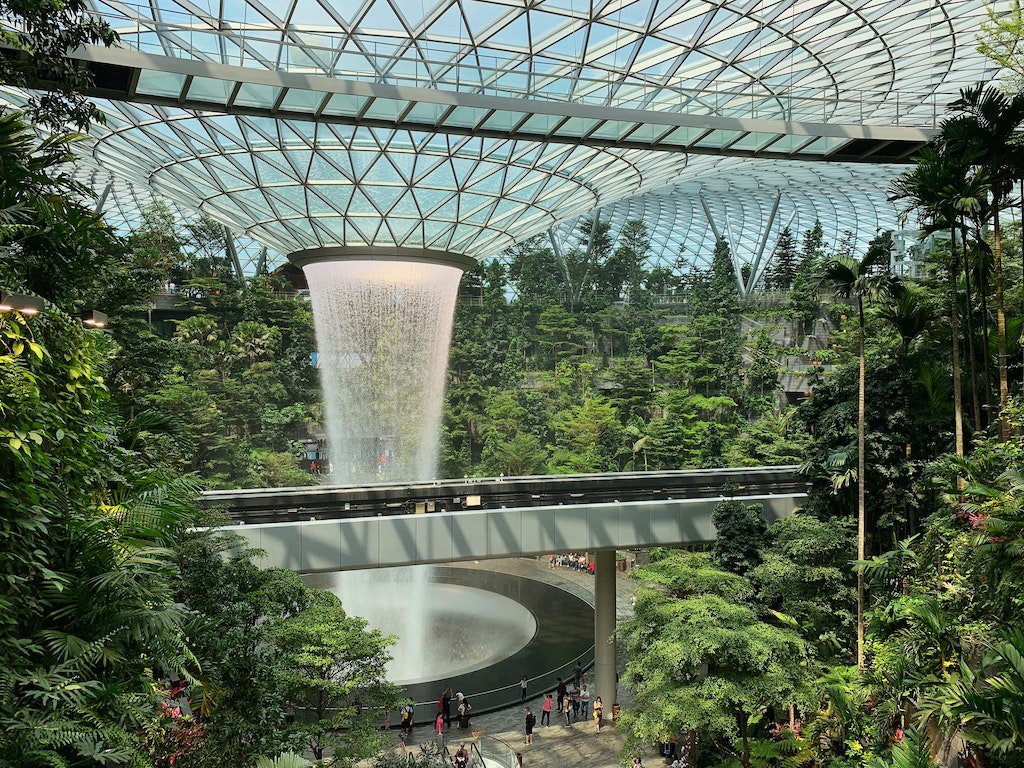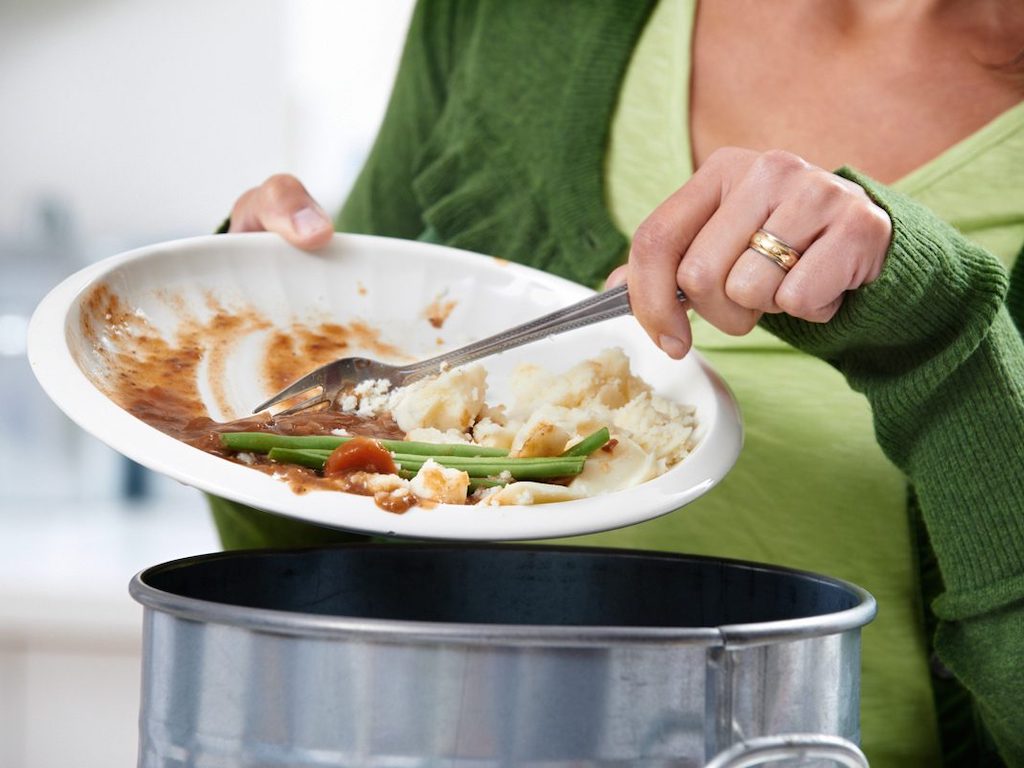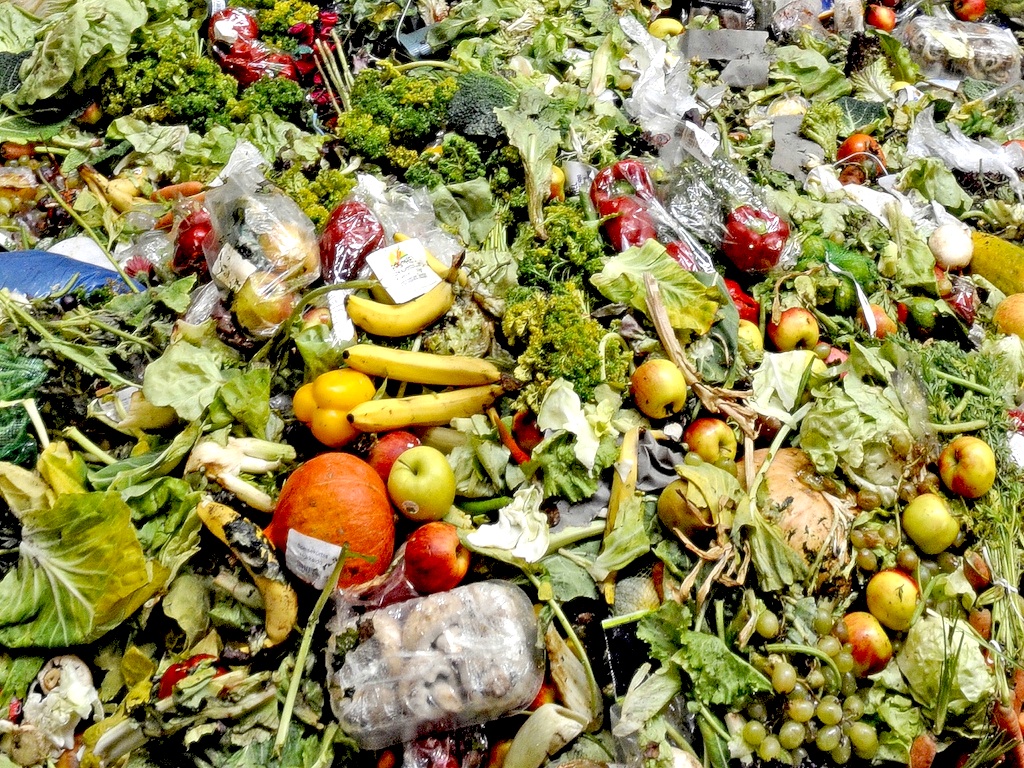3 Mins Read
In its latest sustainability push, Singapore authorities are considering a new policy to require commercial and industrial firms to measure and report how much food waste they produce and segregate for treatment. While industry consultations are due to take place in the second half of 2021, the proposed reporting rule will likely come into effect in 2024.
Speaking during a parliamentary debate earlier this month, Singapore’s minister for sustainability and the environment, Grace Fu, said that the proposed reporting framework will cover entities that contribute significant amounts of food waste, such as hotels and shopping malls. It will require industrial and commercial firms to measure and report the food waste they generate, as well as how much of it is being segregated for proper treatment and recycling.
According to statistics from the city’s National Environment Agency (NEA), Singapore currently throws out 744,000 tonnes of food each year – of which only 18% is being recycled. The amount is equivalent to around two bowls of rice being wasted per person every single day.
The figure marks a 20% rise in food waste within just one decade, making Singapore a major contributor alongside other rich countries responsible for driving the wider Asia continent’s role in throwing out 50% of the total wasted food globally.

Read: 931 million tonnes of food sold is being wasted, new U.N. Food Waste Index reveals
Worldwide, food waste accounts for as much as 10% of global greenhouse gas emissions, representing a huge environmental disaster as well as a human health crisis, with hunger affecting more than 690 million people and 3 billion lacking access to a nutritious diet.
The framework that Singapore is proposing builds on its existing efforts to curb food waste, with the 2019 Resource Sustainability Act already requiring large commercial and industrial premises to set aside land space for on-site food waste treatment systems from 2021 onwards. In the run up to 2024, businesses must also segregate their food waste for treatment, and are able to tap into Singapore’s zero-waste funding scheme to implement such systems.
Collection and segregation of food waste will help Singapore ensure that more of it gets diverted away from the landfill and recycled into new products, such as biofuel or fertiliser.

Pro-recycling policies in other Asian countries have demonstrated huge success within a relatively short space of time, such as South Korea, who has ramped up its food waste recycling rates from just 2% in 1995 to 95% in 2019 through various measures, including installing “smart bins” and pay-as-you-weigh waste schemes and introducing mandatory recycling rules.
Singapore says that tackling food waste will be a vital part of its efforts to become a sustainability leader in the region, having already pledged to slash waste by 30% by 2030 in 2019 and launching an ambitious S$100 billion (US$72 billion) plan to adapt to a climate-stricken future in 2020.
In the wake of the pandemic, the city-state has also set aside extra investment dedicated to sustainable food production, a move many credit for Singapore’s lead in food and agri-tech innovation. Most recently, the Singapore parliament formally declared climate change a “global emergency, in a move aimed at calling on the government, private sector and civil society to accelerate action on the issue.
Lead image courtesy of iStock.




